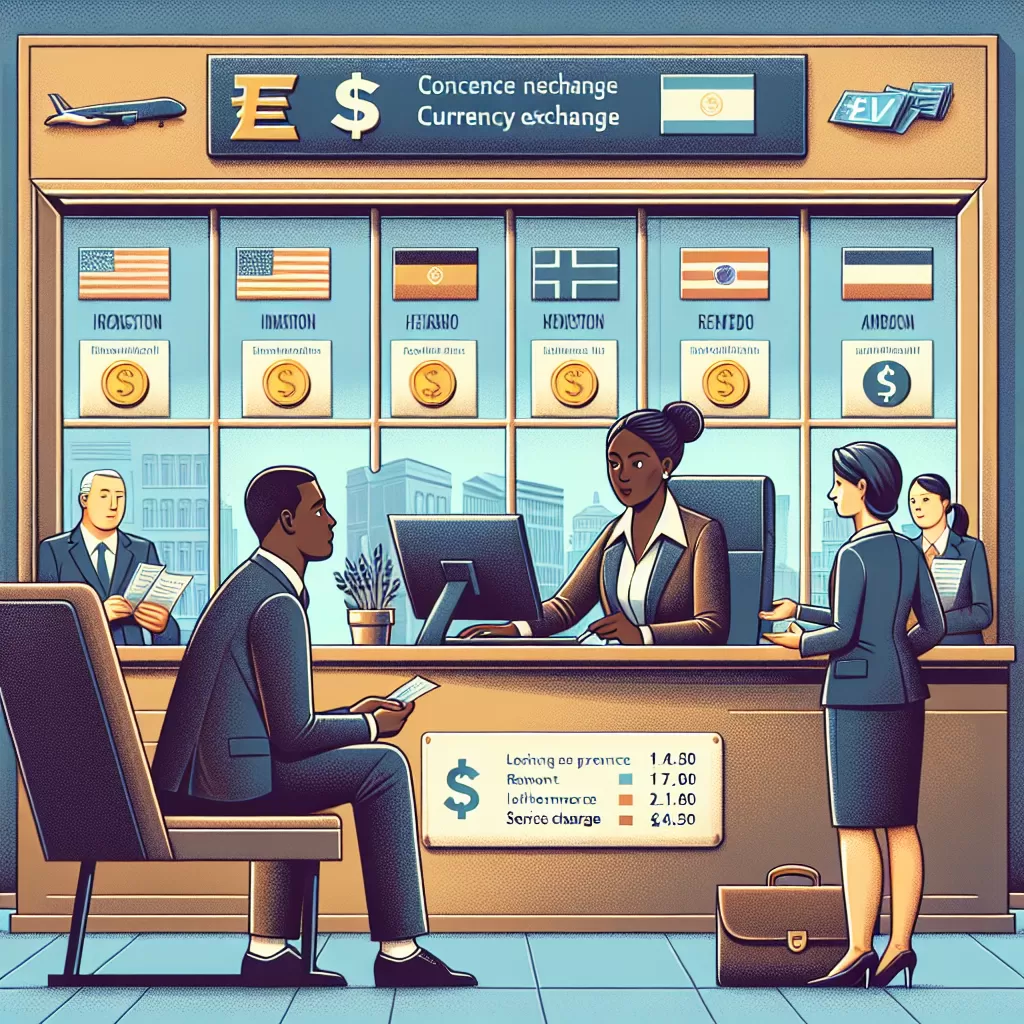Why Do Banks Charge For Currency Exchange
Follow Currency Mart April 10, 2024
Where to purchase Foreign Currencies?

Introduction
Currency exchange plays an integral role in the global economy. When you travel abroad or make an international purchase, you are participating in this vast, interconnected system. Banks and other financial institutions facilitate these transactions, but do so for a cost, often charging a service fee for currency exchanges. But why do banks charge for currency exchange in the first place? Let's delve deeper into this topic.Understanding Currency Exchange
Currency exchange is a complex process. It is the mechanism through which one type of currency is converted into another. This plays an essential role in international trade and travel. Having a vast number of different currencies across the globe, each with its own value, necessitates a system that allows for the seamless conversion of these various forms of money.Role of Banks in Currency Exchange
Banks serve as mediators by providing a platform for these currency exchanges. Access to this service is not free and comes at a cost - a fee or a charge that is usually deducted from the amount to be exchanged.Reason for Bank Charges
Banks charge for currency exchange for several reasons. Below are some of the main factors:Operational Costs
Keeping an efficient currency exchange service functioning smoothly requires substantial operational resources, including trained staff, advanced technological systems, compliance with global financial regulations, and many more aspects that incur costs. Thus, part of the reason banks charge for currency exchange is to cover these operational expenses.Risks and Market Volatility
Currency values are never static. They fluctuate continuously in the global market because of various factors from inflation rates, economic stability, to geopolitical events. This volatility poses a risk to the banks, as the value of the currency they acquire may significantly drop by the time they sell it. Consequently, the charge on currency exchange acts as a buffer against such possible losses.Profit Margin
Banks, like any business operation, exist primarily to make a profit. Currency exchange is one service through which they generate revenue. The rates offered by banks often include a markup on the actual exchange rate, known as the mid-market rate. This difference allows banks to make a profit on each transaction.Alternatives to Banks
It's crucial to know that banks are not the only platforms for currency exchange. There are non-bank financial institutions like CurrencyFair, OFX, and TransferWise that usually offer better exchange rates and lower fees. Online platforms have also gained popularity because they often provide real-time exchange rates and lower service charges. However, the security and reliability of these alternatives must be thoroughly checked before using them.Conclusion
Understanding why banks charge for currency exchange helps individuals make informed decisions about conducting international monetary transactions. While the charges incurred may seem unnecessary, they are vital for maintaining and managing the services provided by the banks. Nevertheless, individuals should explore all their options and choose the one that best suits their requirements and budget.
Where to purchase Foreign Currencies?